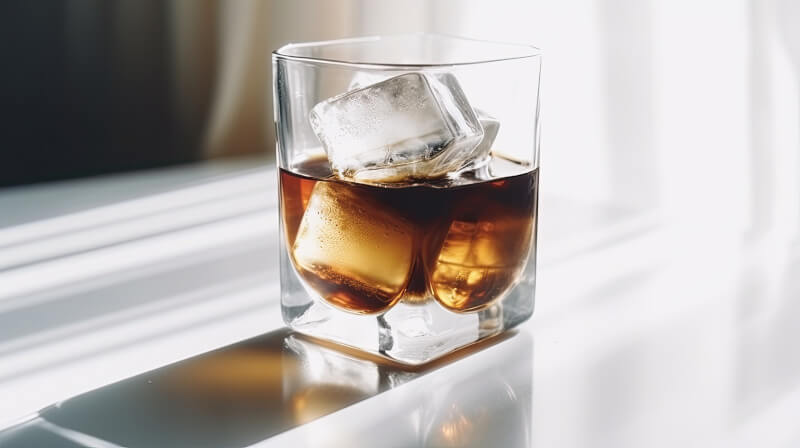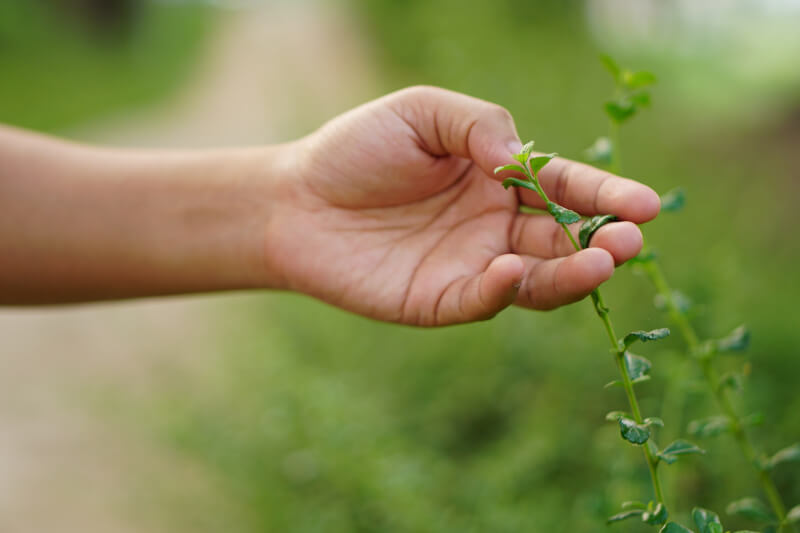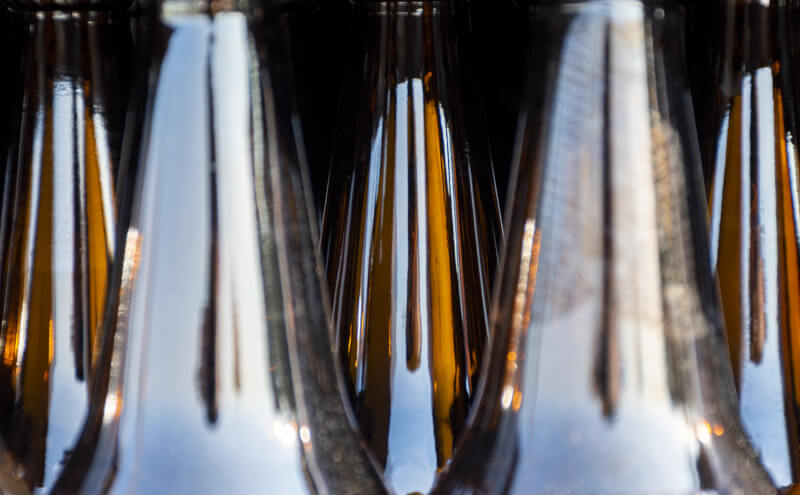Our drinking choices should reflect our beliefs in an era when sustainability is more than just a slogan. Whisky drinkers may play a part in this shift, and their decisions, however slight, will have an effect. Here are seven things you can do to make sure your whisky drinking is sustainable:
Make Your Ice at Your Own House

Sustainability isn’t a word that comes to mind when thinking about ice, but consider all the power and resources required to make and deliver commercial ice. The environmental impact of mass-produced ice can be mitigated by making ice at home. Use filtered water and silicone ice molds to make ice cubes that are as clear as glass.
Highland Park’s Famous “Tattoo Twist”
The Highland Park Twisted Tattoo from the Orkney Islands stands out from the others thanks to its finishing in Rioja wine casks. When combined with a premium ice cube, the sun-ripened fruit and salted chocolate flavors in this whisky shine.
Use Local Mixers
Producing mixers close to where they’ll be used helps out the local economy and cuts down on emissions caused by shipping. Plus, they usually have their distinct flavor profile, which improves the whisky-drinking experience. According to research published in 2018, purchasing goods made close to home can cut down on emissions from vehicles by as much as 26 percent.
26-year-old Glenfiddich
Glenfiddich has long been a leader in the whisky business when it comes to environmentally friendly practices. Their 26-year-old version, which was aged in American oak, features floral and fruity overtones. Drinking it with a locally made, spicy apple mixer just enhances its wonderful qualities.
Gather Ingredients

Herbs and other botanicals are abundant because nature has given them to humanity. Garnishes sold in stores have often traveled great distances to get there. This maintains a sense of newness and brings you back in touch with nature. Herbs like mint, rosemary, and thyme may all be found in your yard or out in the wild and add a unique flavor to your drink.
Whisky from Bain’s Cape Mountain
Bain’s Cape Mountain Whisky, a product of South Africa, claims to have been the first single-grain whisky ever made. It’s delicious thanks to its tropical and somewhat sweet toffee undertones. Think of how much better it would taste if you topped it with fresh rosemary and other local herbs that you picked yourself.
No More Disposable Straws
In 2019, the Ocean Conservancy observed that plastic straws were among the top ten things removed from beaches. Choose options that may be reused, such as those constructed of stainless steel, bamboo, or glass. They’re classy and eco-friendly, the perfect combination.
Replace Stale Ingredients with New Ones
Think of the unique infusions you could make with those slightly wilted fruits and herbs before you toss them. Whisky can be aged with fruits or spices to impart unique flavors. You save money on wasted food and enjoy a one-of-a-kind beverage.
Millet Whisky from a Single Barrell by Koval
Koval Distillery in Chicago uses sustainable farming practices to enhance the longevity of their Single Barrel Millet. Because of its mild, laid-back, and somewhat peppery character, it works wonderfully in infusions. Add depth to the flavor by using older items like citrus peels or a vanilla bean that has seen better days.
Use Old Whisky Bottles For Something Else

The use of a whisky bottle does not cease when the liquid is gone. They can be repurposed into interesting lighting fixtures, vases, or candlesticks. The consumption of natural resources and fossil fuels can be lowered through creative reuse.
Neat Is The Way To Go
Always go for a neat pour of whisky when in doubt. It’s the simplest, most authentic method to appreciate the spirit, calling for neither mixers nor special equipment. You’ll be able to taste every aspect of its flavor profile thanks to this.
Organic Scottish Barley from Bruichladdich
Bruichladdich, originating on the Scottish island of Islay, is well-known for its openness and eco-friendliness. Their Organic Scottish Barley variety is made with only organically grown barley, resulting in a product that is both delicious and environmentally friendly. Enjoy its honeyed richness with a hint of fruitiness tidy to recognize its organic farming practices.
A Change Is Inevitably Happening
It’s impossible not to get energized by the whisky industry’s rising dedication to sustainability. This is not merely a passing trend. It’s about being conscious of the fact that every action leaves a trace on the planet, from the grains we use to the bottle we pour from.
If you’re wondering why your whisky preferences matter, read on. You’re voting in favor of local businesses and fewer carbon emissions when you buy a mixer made in your area instead of one shipped in from overseas. This is a vote for a greener way to drink the precious liquid we all love.
The Impact of Individual Brands
Take, for example, Bruichladdich’s use of organic barley or Koval’s commitment to sustainable agriculture. When customers buy from these companies, they are indirectly rewarding and promoting ethical business practices. What’s even better? No sacrifice in taste or quality is required. The opposite is true. Take, for example, the exotic qualities of Bain’s Cape Mountain Whisky or the allure of Highland Park Twisted Tattoo. These environmentally friendly whiskies also happen to be a delicious treat for your taste buds.
But label recognition isn’t the only factor. This is a communal effort. Reusing whisky bottles or declining a disposable straw sends a message that others should follow suit. You’re telling your pals, local watering hole, and neighborhood, “Hey, there’s a better way to do this.”
Sustainability in Whisky Production Isn’t Limited to Large Distilleries
It’s about how thousands of people’s seemingly insignificant actions add up over time. As a community, we can develop an industry that values environmental stewardship as much as the craft of distillation by adopting sustainable serving practices and buying from companies with a green focus.
Thinking about the knock-on effects of your whisky purchasing and serving decisions is important. The shared passion we have for whisky has the power to affect not just our emotions, but also the way we live in harmony with nature. Maintaining a sustainable whisky service means honoring the history and work that went into each bottle. Whisky enthusiasts can show they care about the environment and social responsibility by adopting these habits.
Danielle’s journey through the spirited universe of whiskey is a tale told at Quickie Whiskey Insights. Here, she offers swift sips of wisdom, revealing the artistry and heritage in every bottle. But that’s not all. For those utterly “obsessed” with the complexities of whiskey, Danielle’s narratives at Whiskey Obsession are a captivating exploration of this liquid gold.

